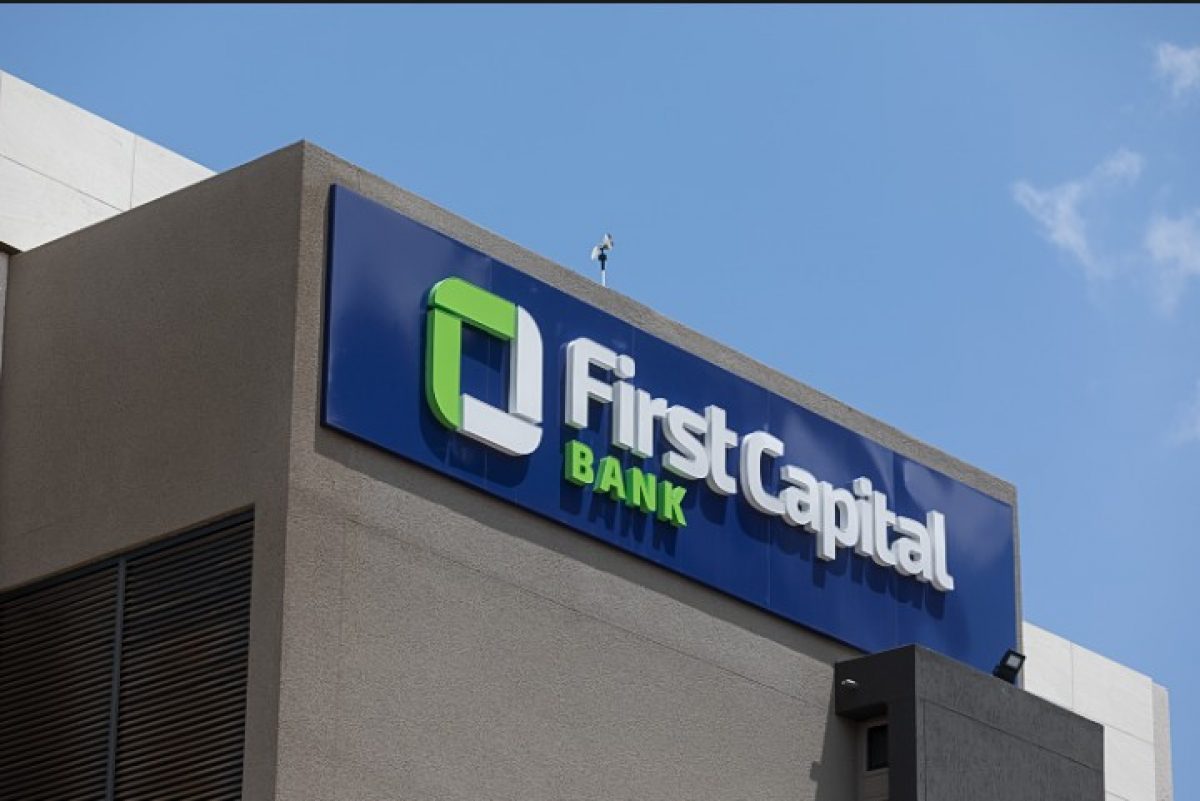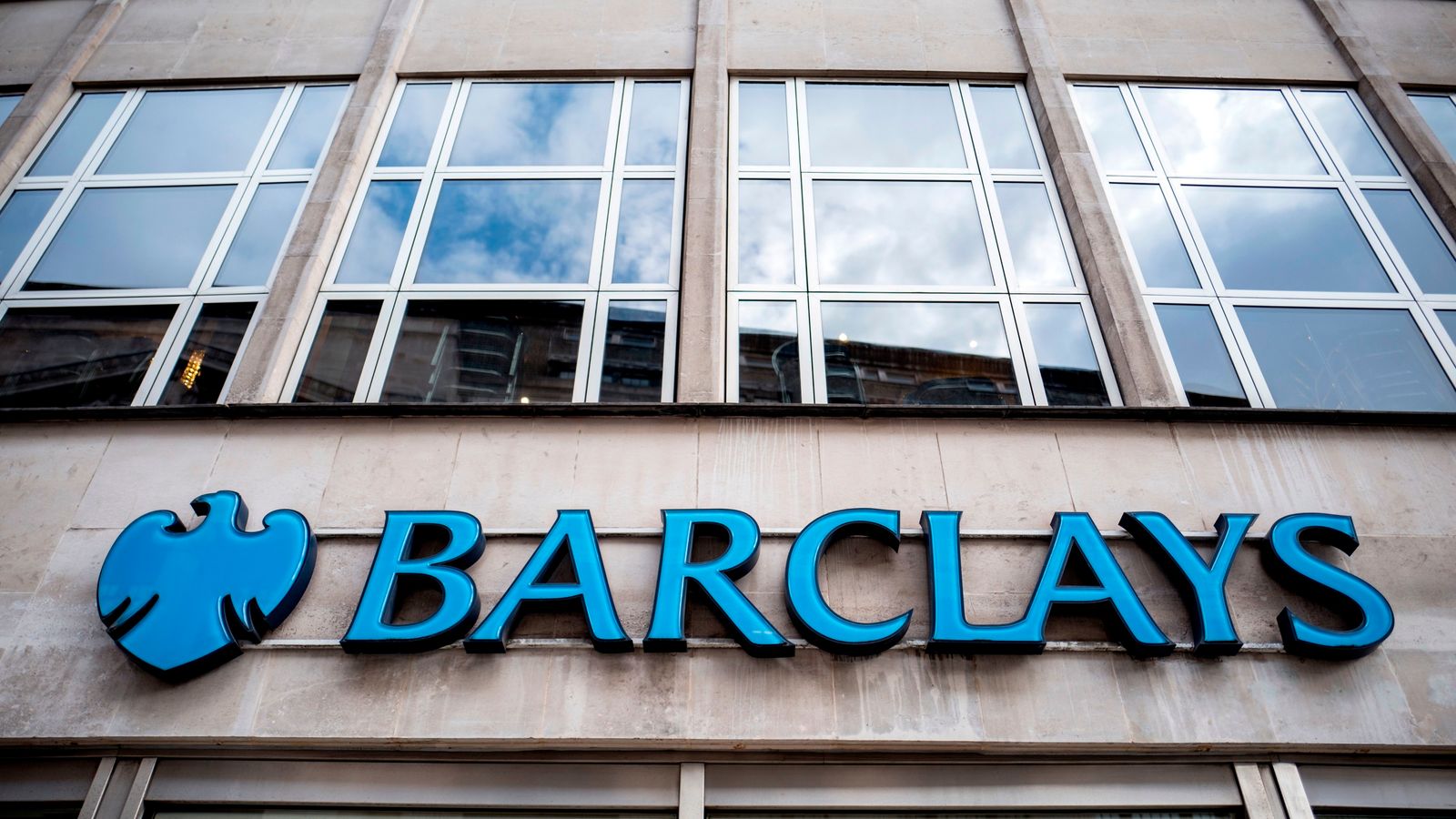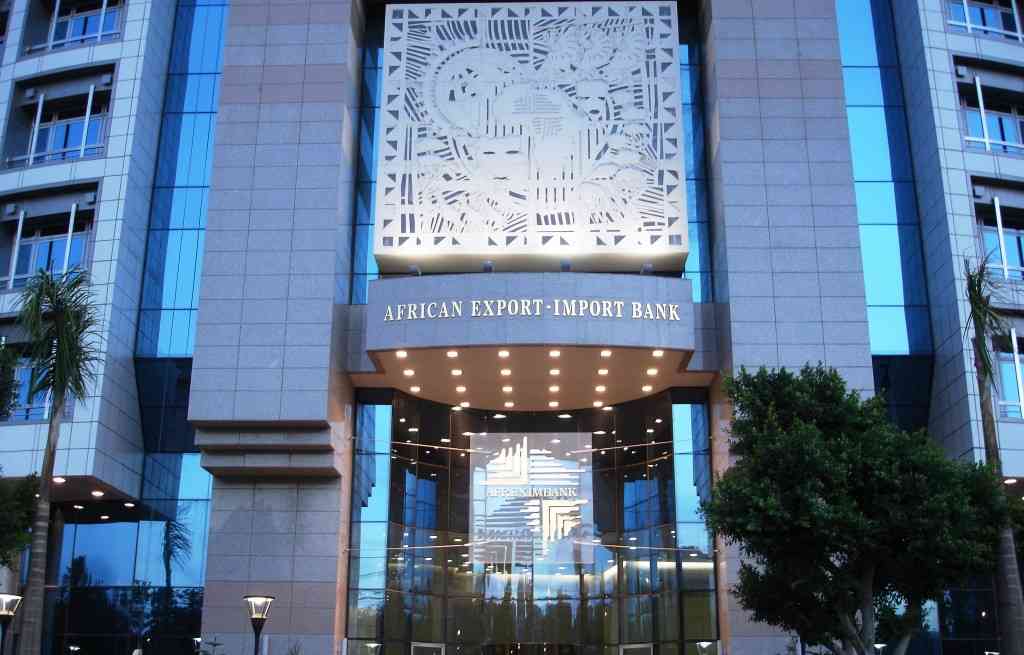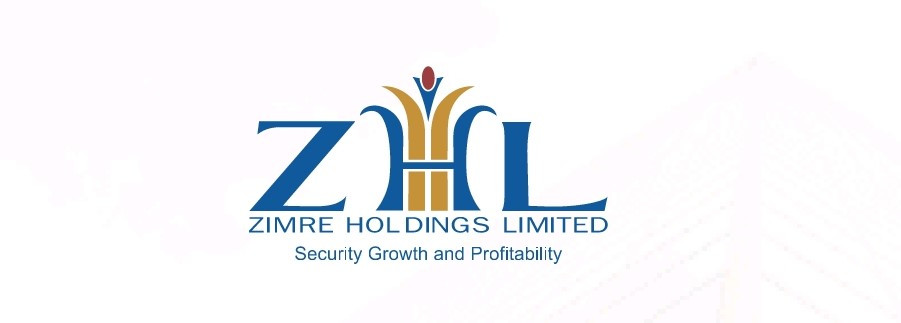
TANYARADZWA NHARI ZIMBABWE Stock Exchange (ZSE) listed banking outfit, First Capital Bank (FCB) will be pursuing a cautious strategy this year.
FCB, one of the pioneers of this strategy from the onset of economic turmoil a decade ago, when it was still Barclays Bank, this week appeared to confirm that it will not take chances with the Zimbabwean landscape, as it unveiled a plan to skirt away from stress–inducing adventures.

The firm rebranded to FCB following a takeover in 2017. It is a strategy that has saved many of the country’s big lenders during bouts of hyperinflation and complex exchange rate volatilities.
There have been so many casualties out of risky escapades, but the big bank, which spoke after lifting inflation adjusted profit after tax to ZW$3,4 billion (about US$24 million) during the year ended December 31, 2021, has seen enough to be tempted, chairperson Patrick Devenish appeared to be intimating.
The ZW$3,4 billion was a marked increase from ZW$800 million (about US$5,6 million) during the comparable period in 2020.
“The tight monetary policy regime is expected to persist in the medium term in order to stem inflation in the wake of increased infrastructure and social spending by government,” Devenish said in a commentary to the financial statements.
“Against this background, the bank will exercise caution in its balance sheet expansion to ensure that a sufficient buffer is maintained on its capital and liquidity position in order to accommodate stress factors.
“Quality of assets will remain a focal point whilst opportunity will be taken to participate in the stimulation of activity in growth sectors of the economy,” he said.
- Chamisa under fire over US$120K donation
- Mavhunga puts DeMbare into Chibuku quarterfinals
- Pension funds bet on Cabora Bassa oilfields
- Councils defy govt fire tender directive
Keep Reading
FCB’s net interest income increased to ZW$2,7 billion (US$19 million) during the review period, from ZW$1,4 billion (about US$9,8million) in 2020 on the back of a 235% growth in interest earning assets.
It is a trend that was also reported by Stanbic Bank, another commercial banking outfit.
Net commissions and fees increased by 33%, representing the effect of increased customer transactions and moderate fee adjustments, FCB said, again.
FBC’s operating expenses increased by 35% in real terms with a cost to income ratio of 58% being achieved against 60% in the prior year.
The bank said management of costs remained a key area against the background of continuing inflationary pressures.
“The bank’s performance remained solid despite the persistence of macro-economic fragility, with an increase in inflation adjusted profit of 342% having been realised during the period under review,” Devenish said.
He said FCB achieved the minimum capital requirements for Tier 1 banks, which was set at the Zimbabwean dollar equivalent of US$30 million.
The deadline was December 31, 2021.










